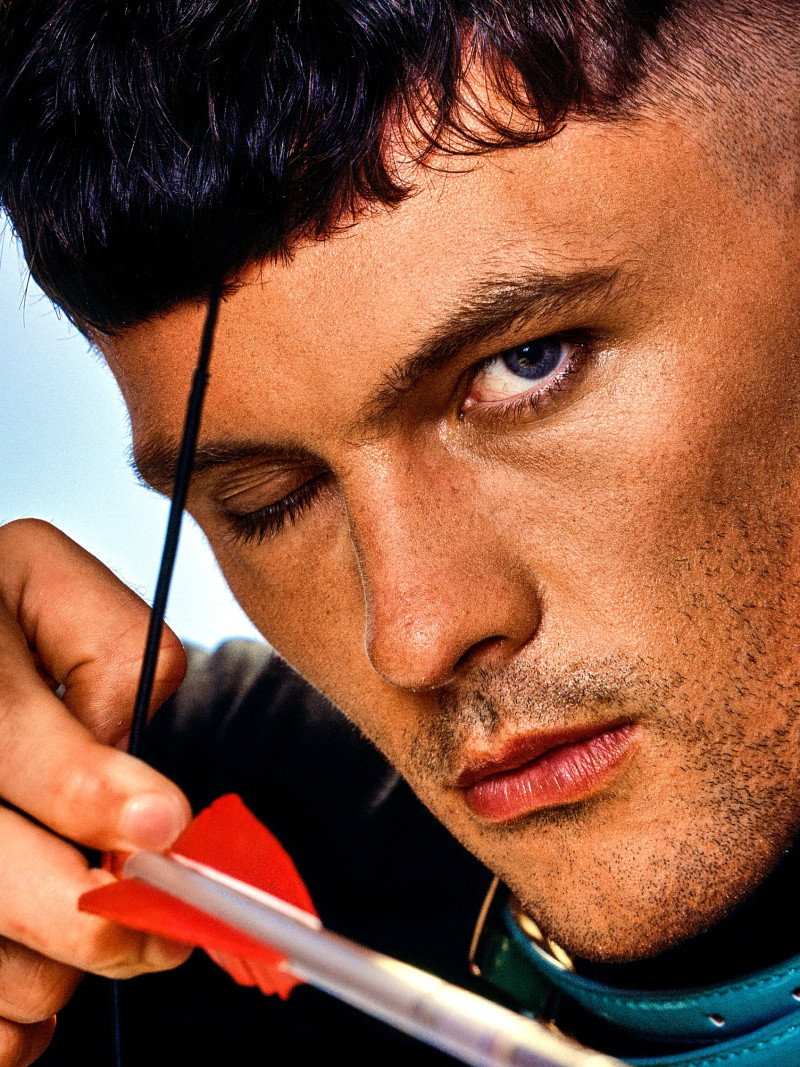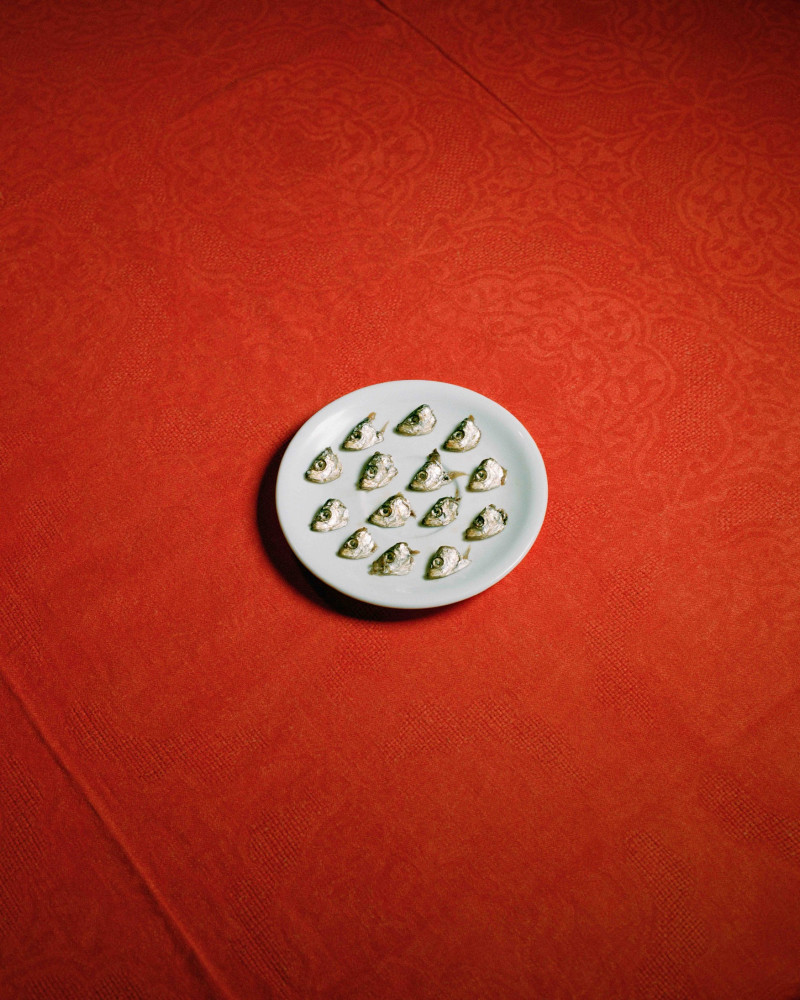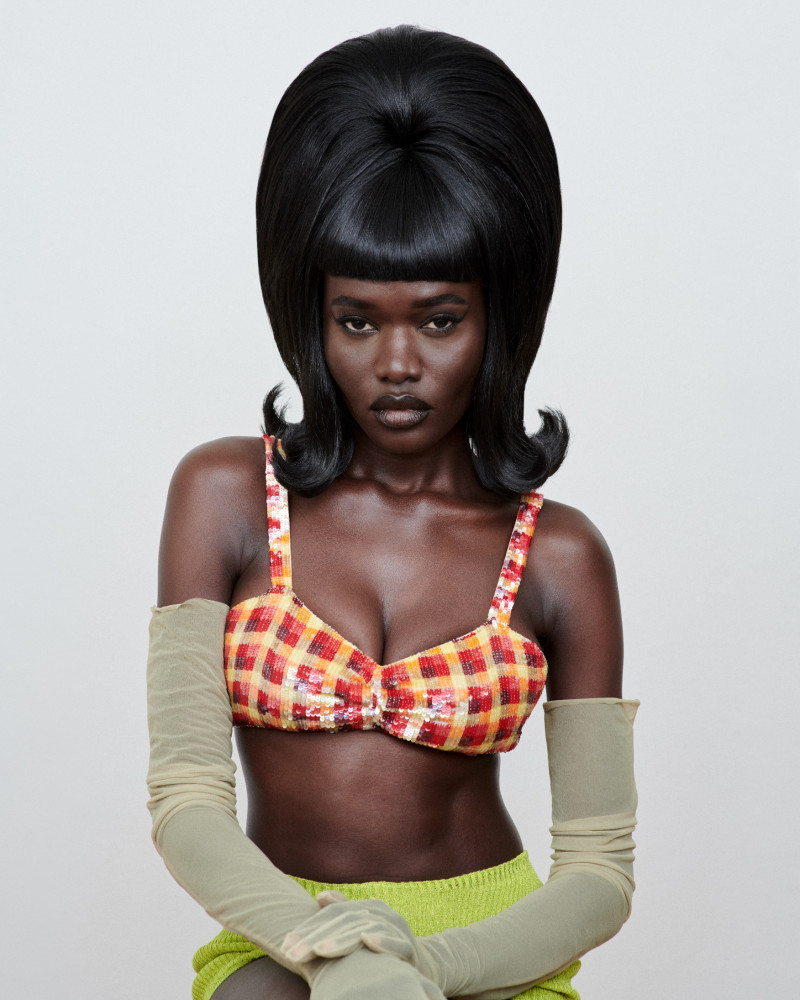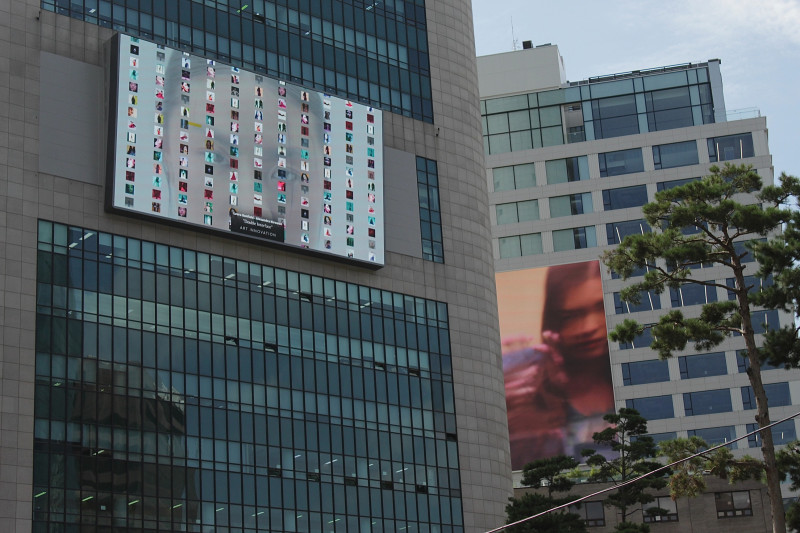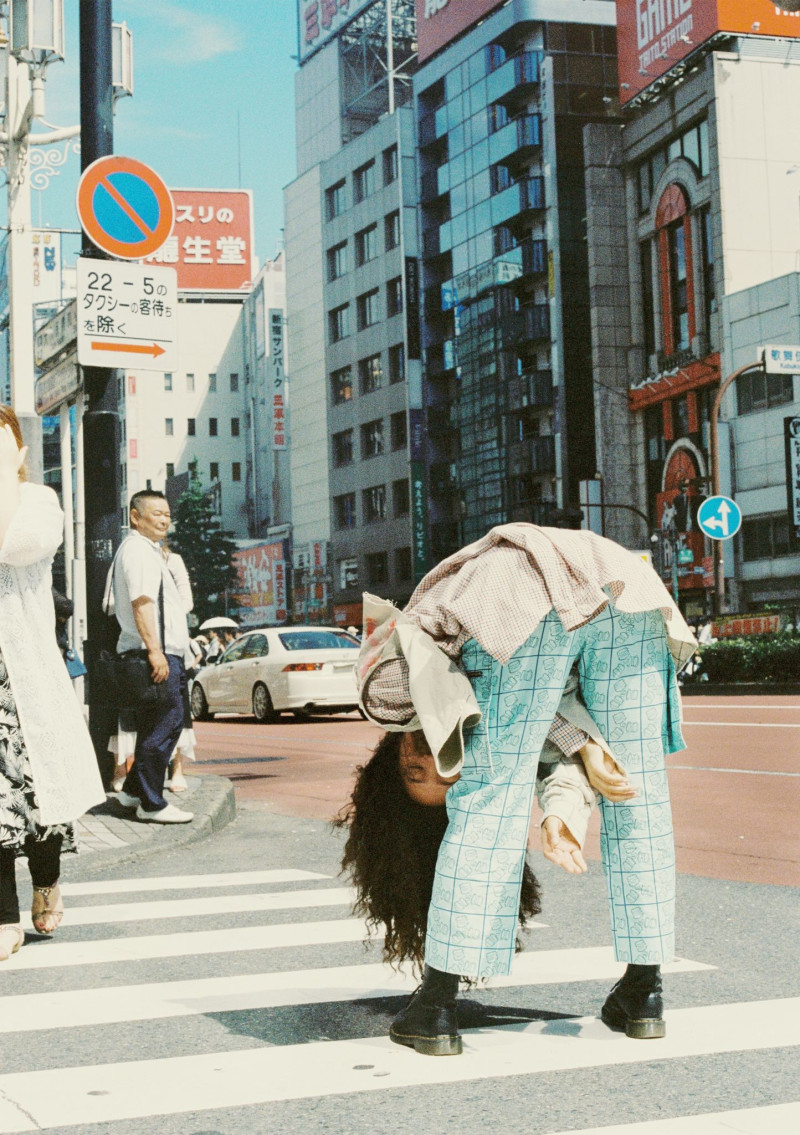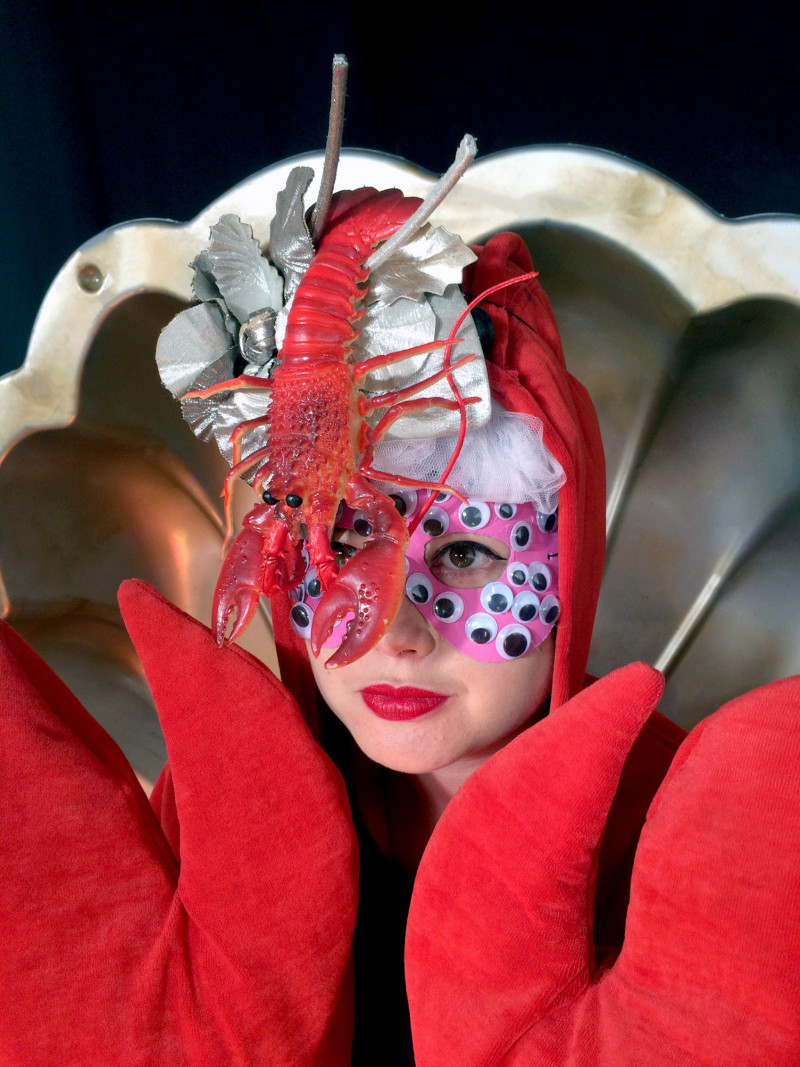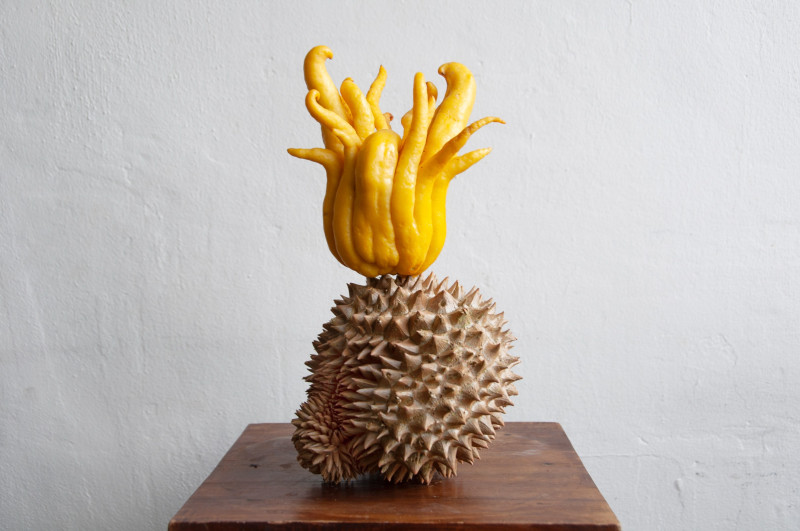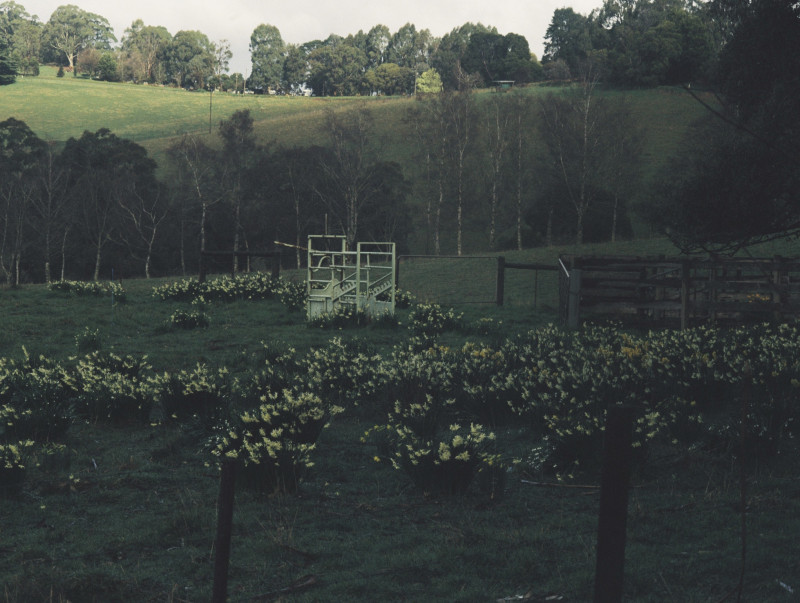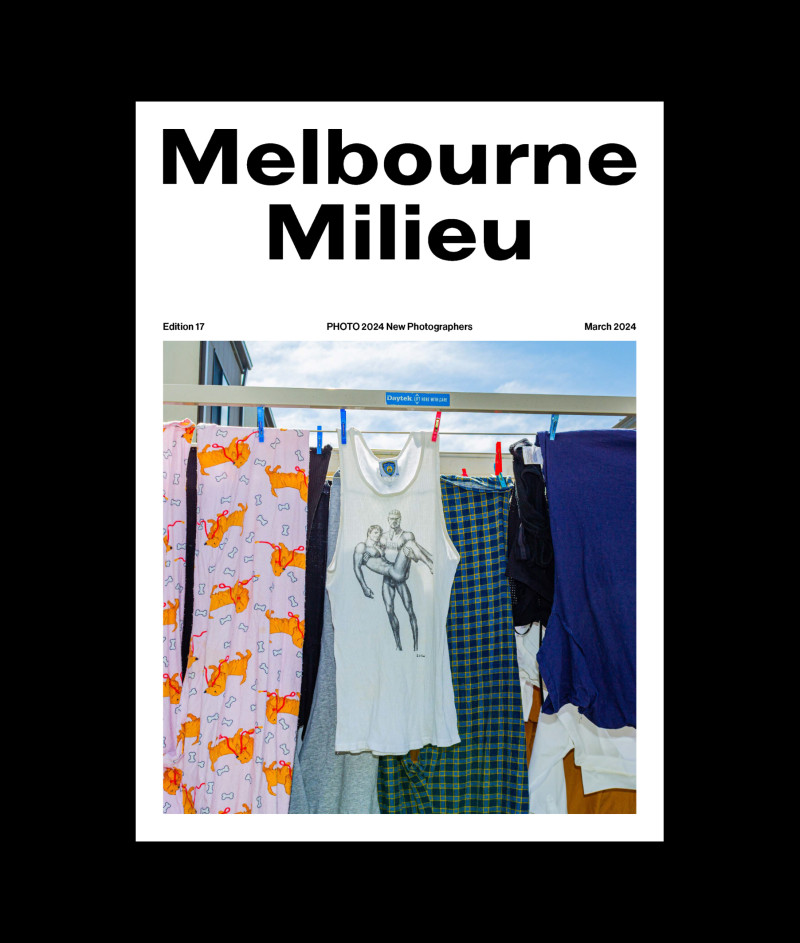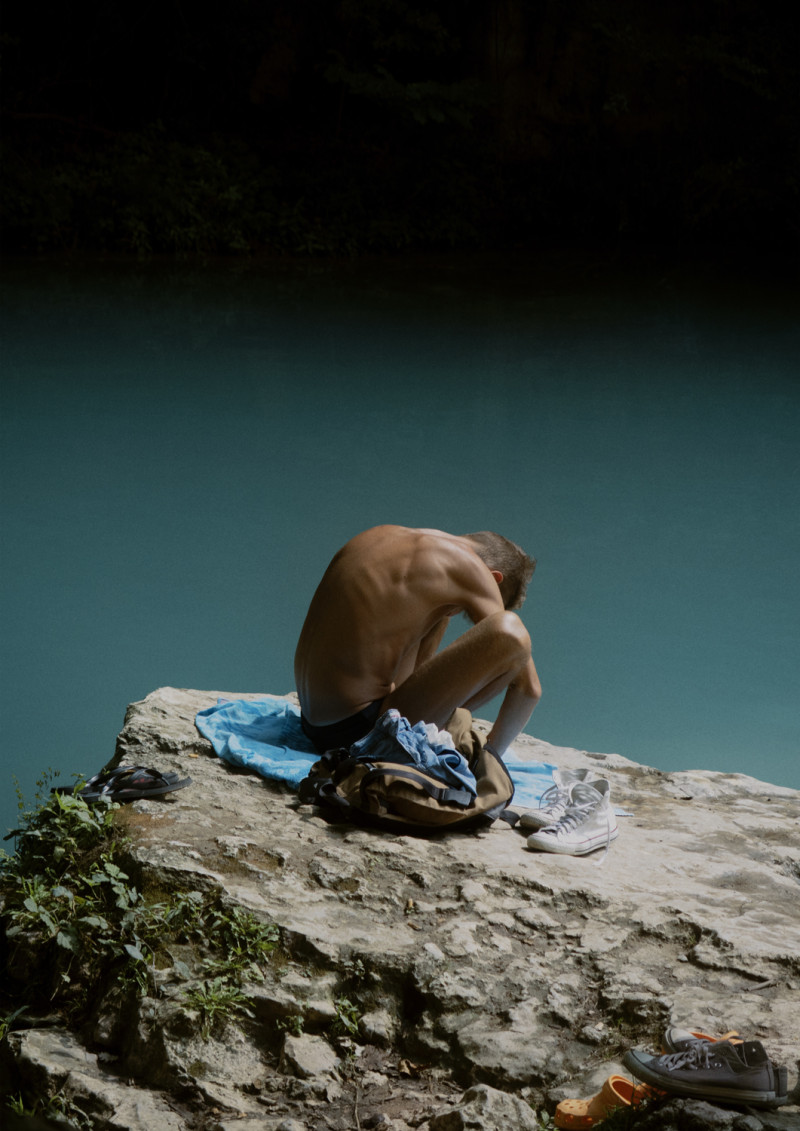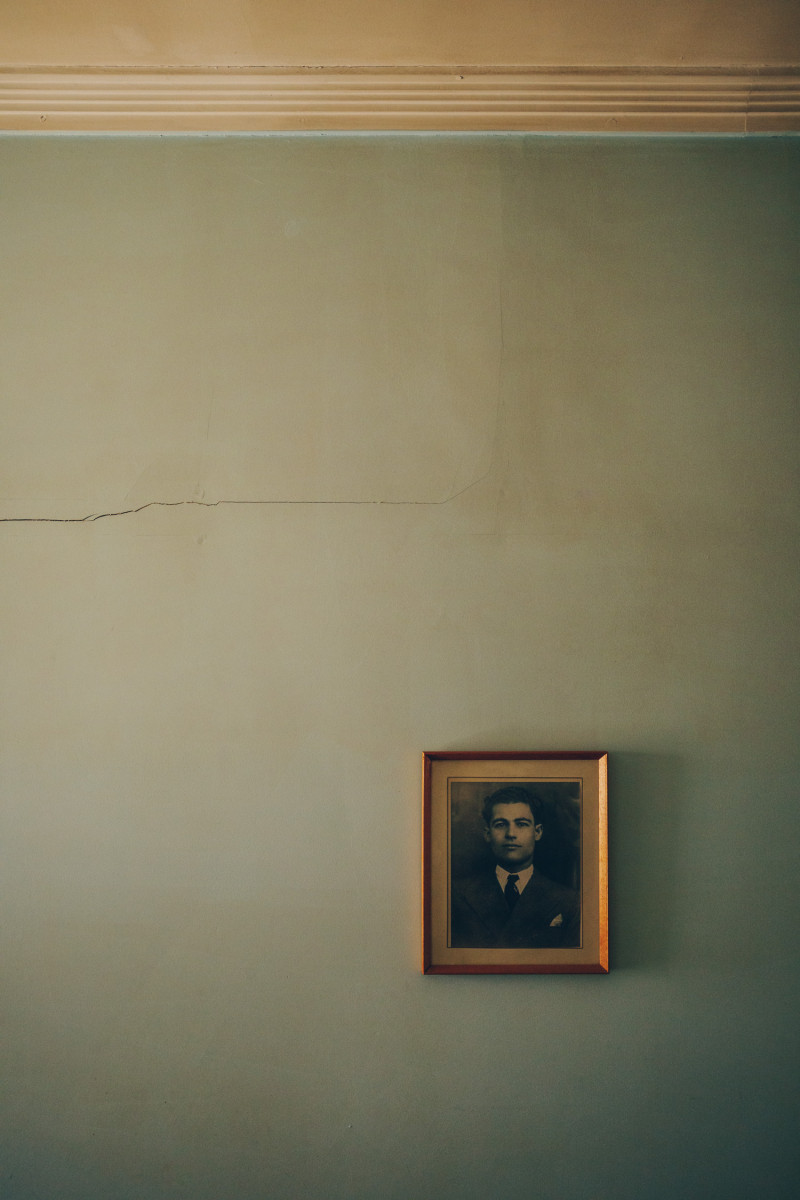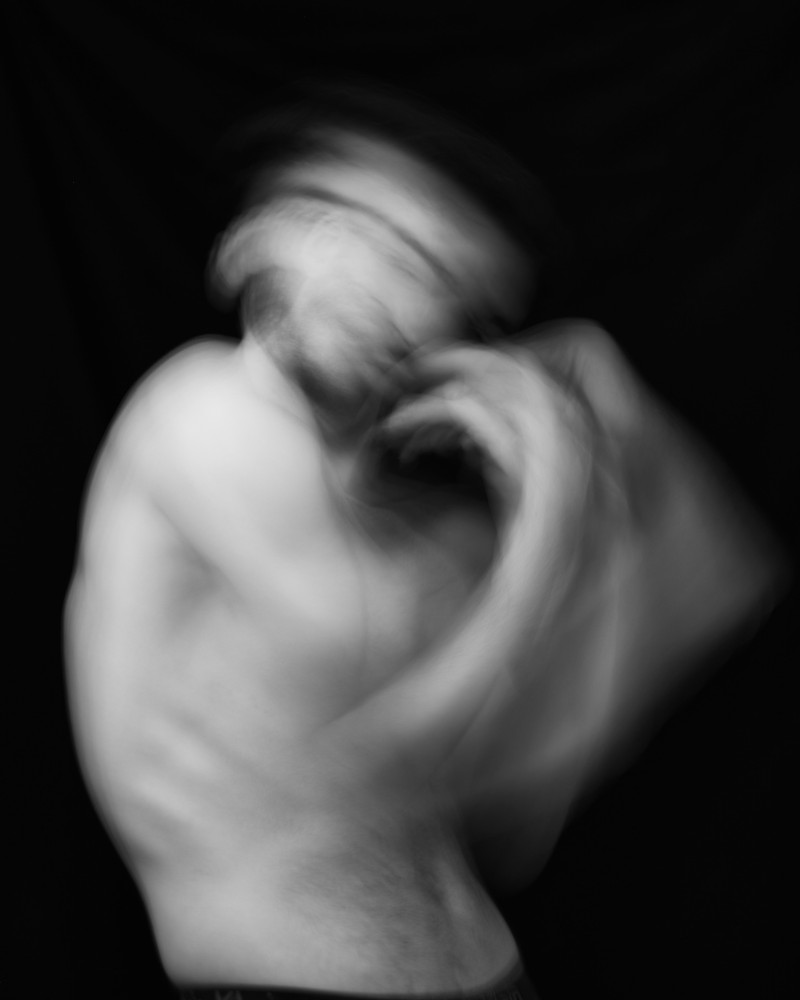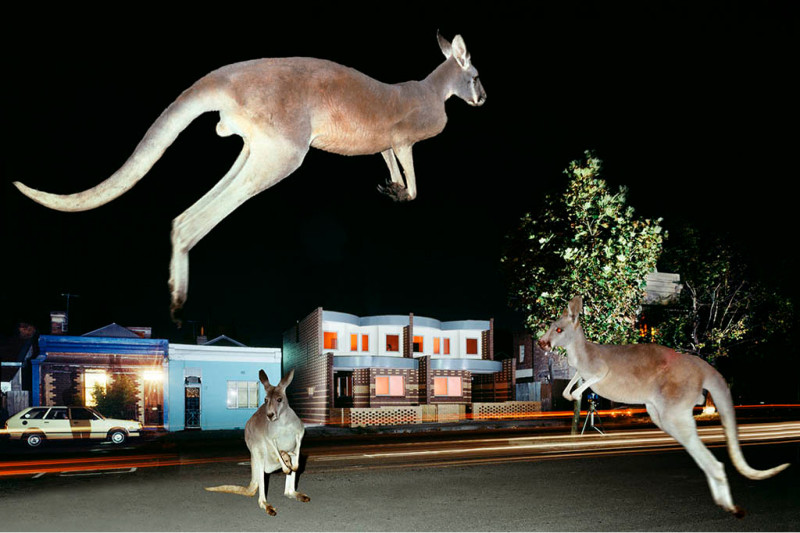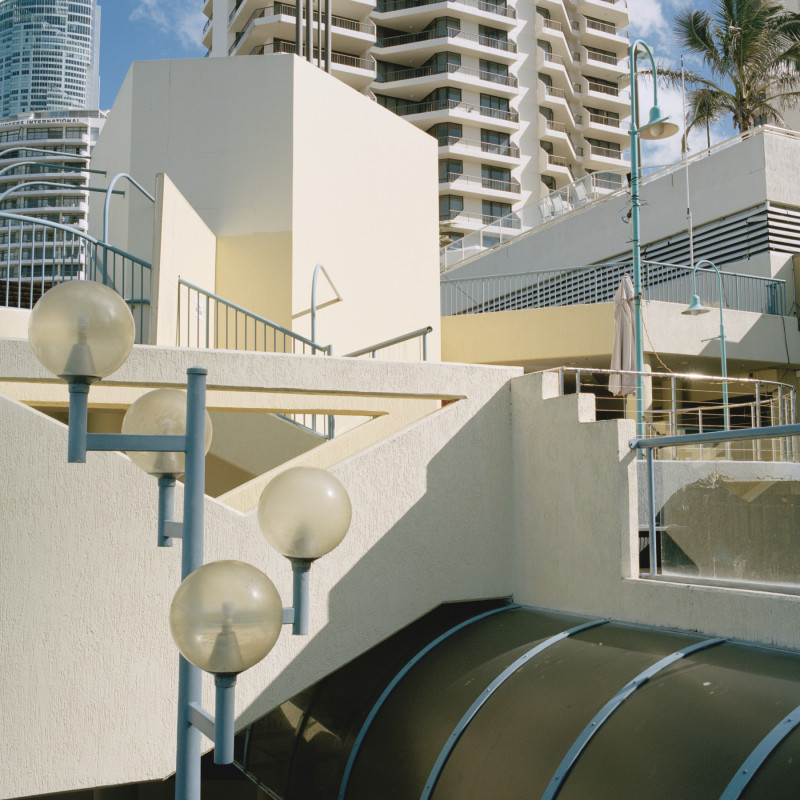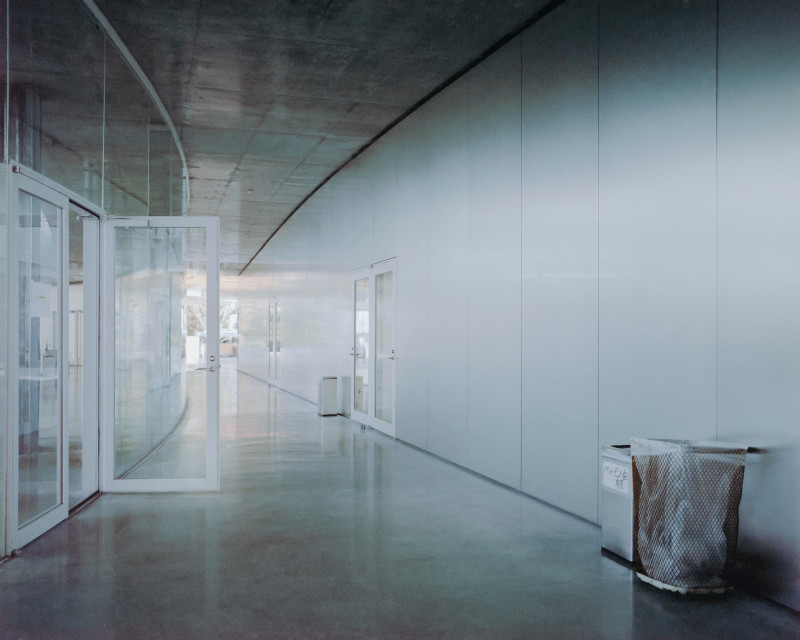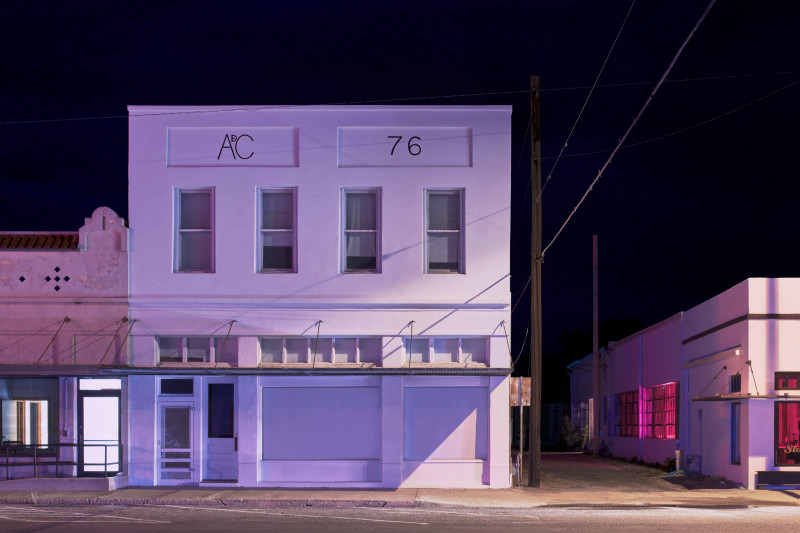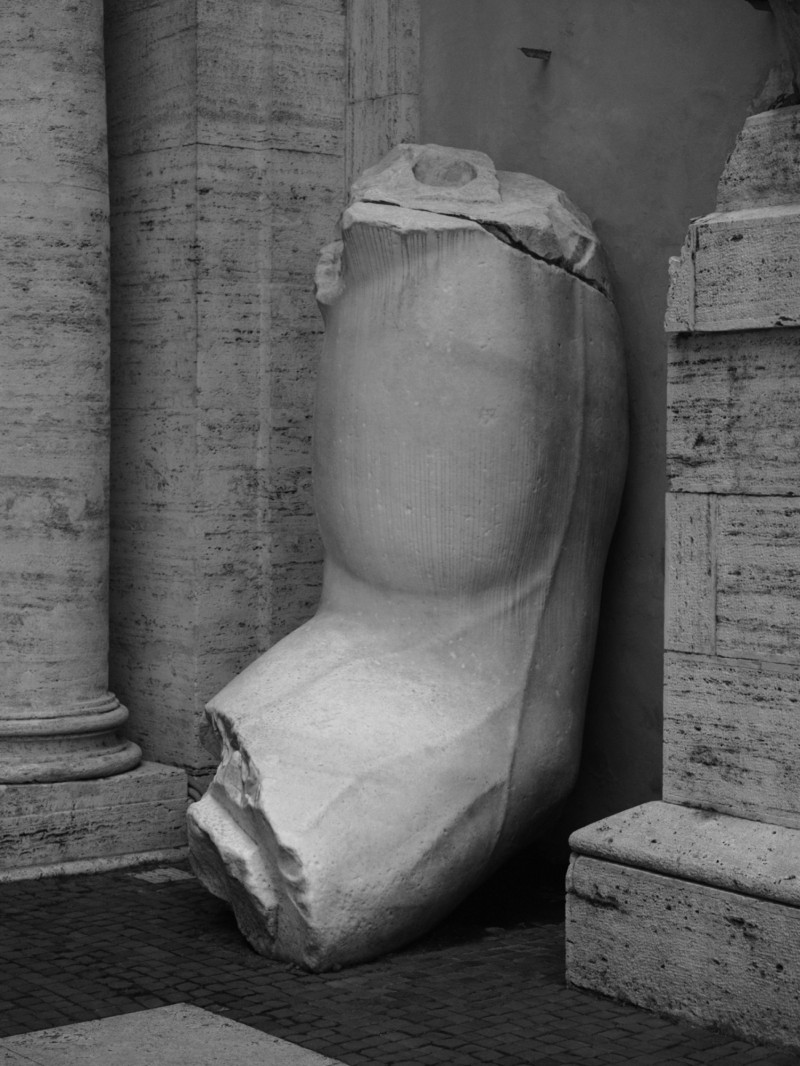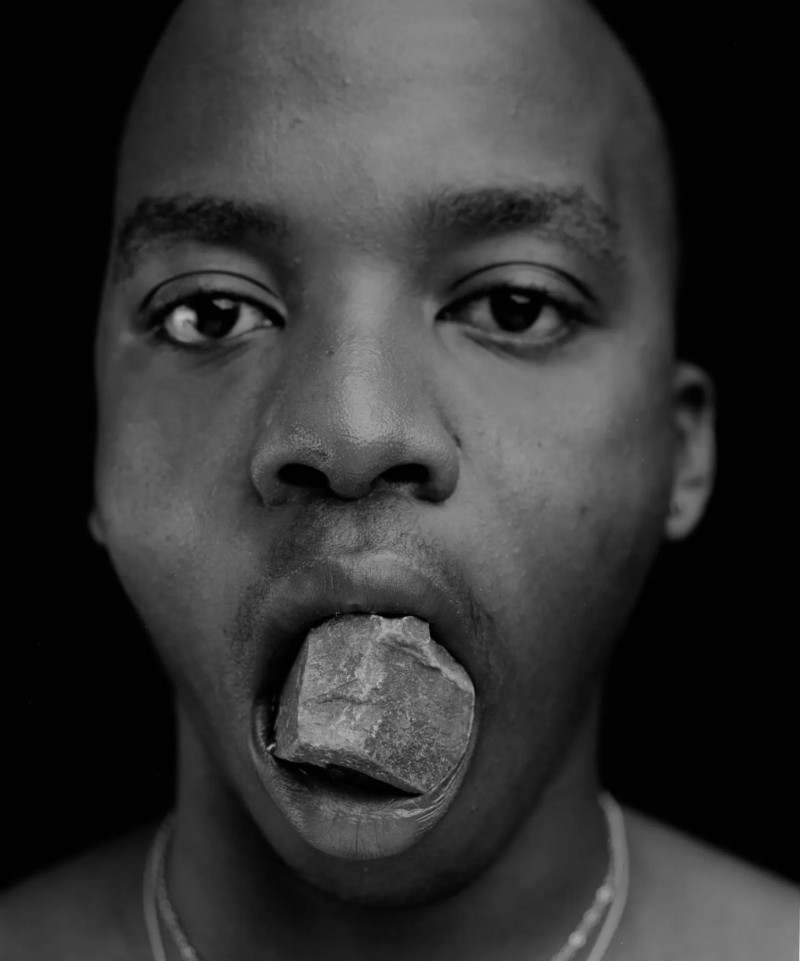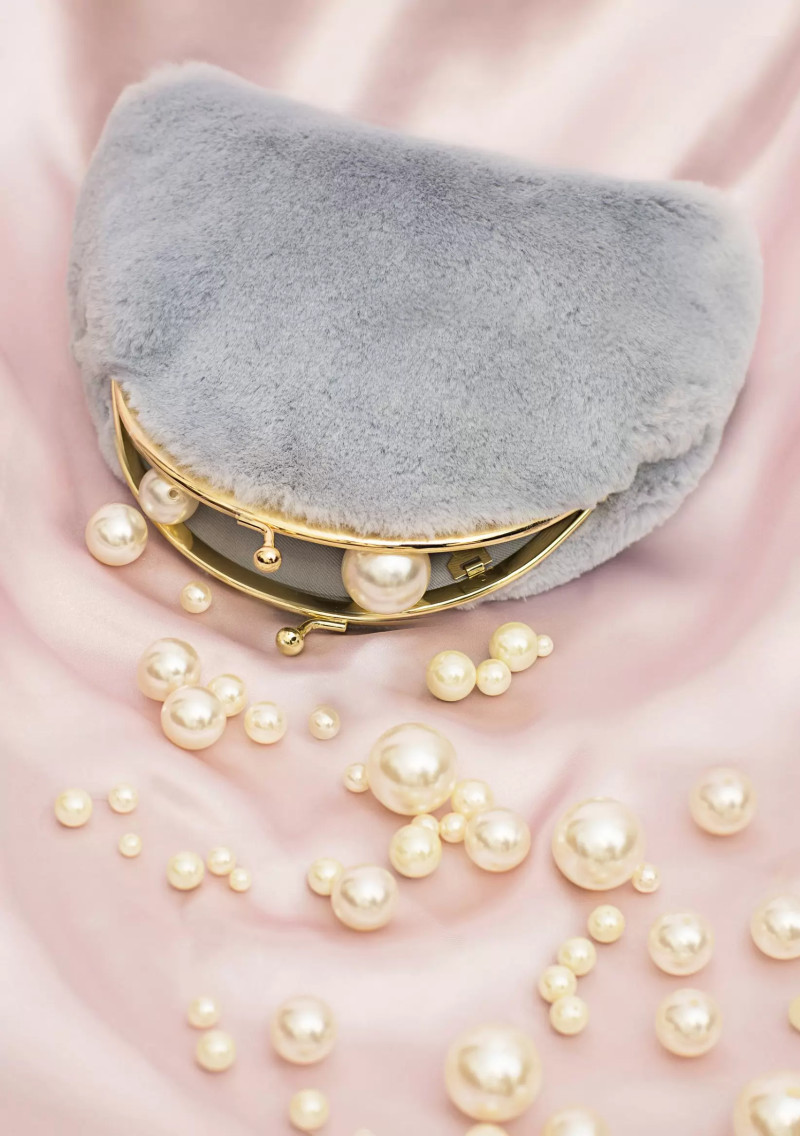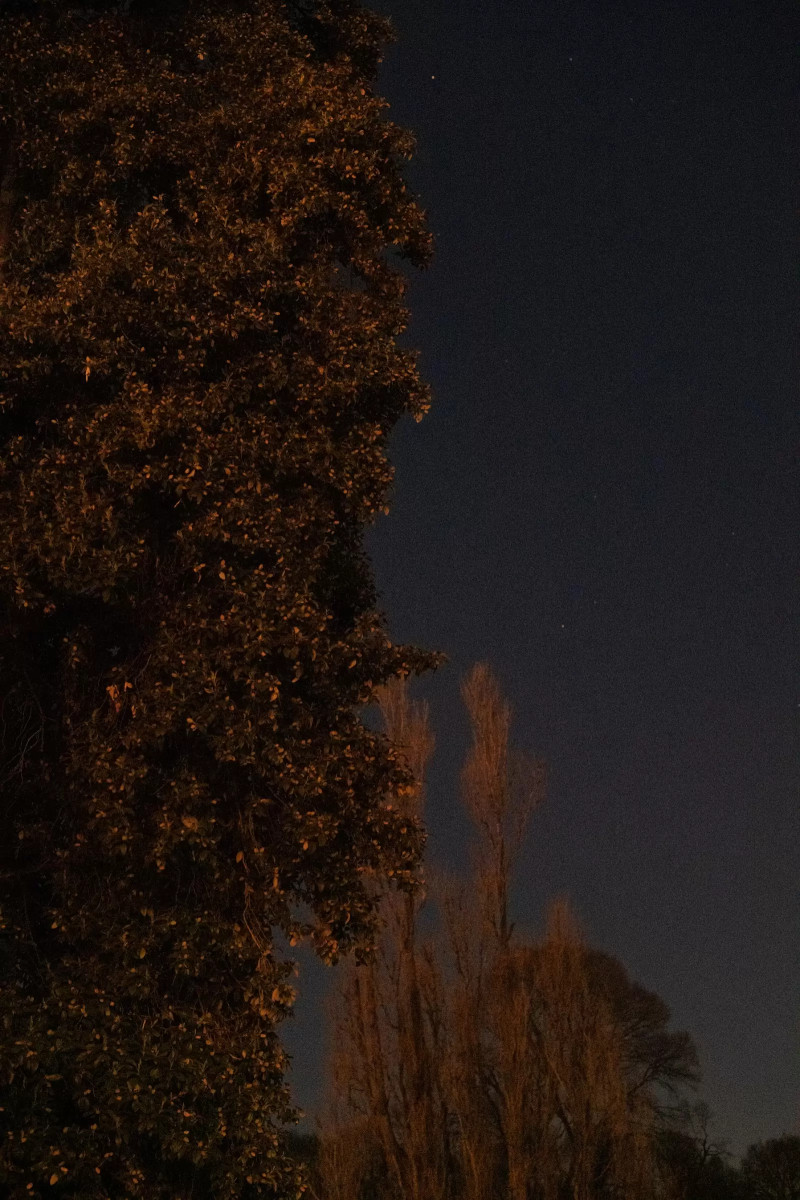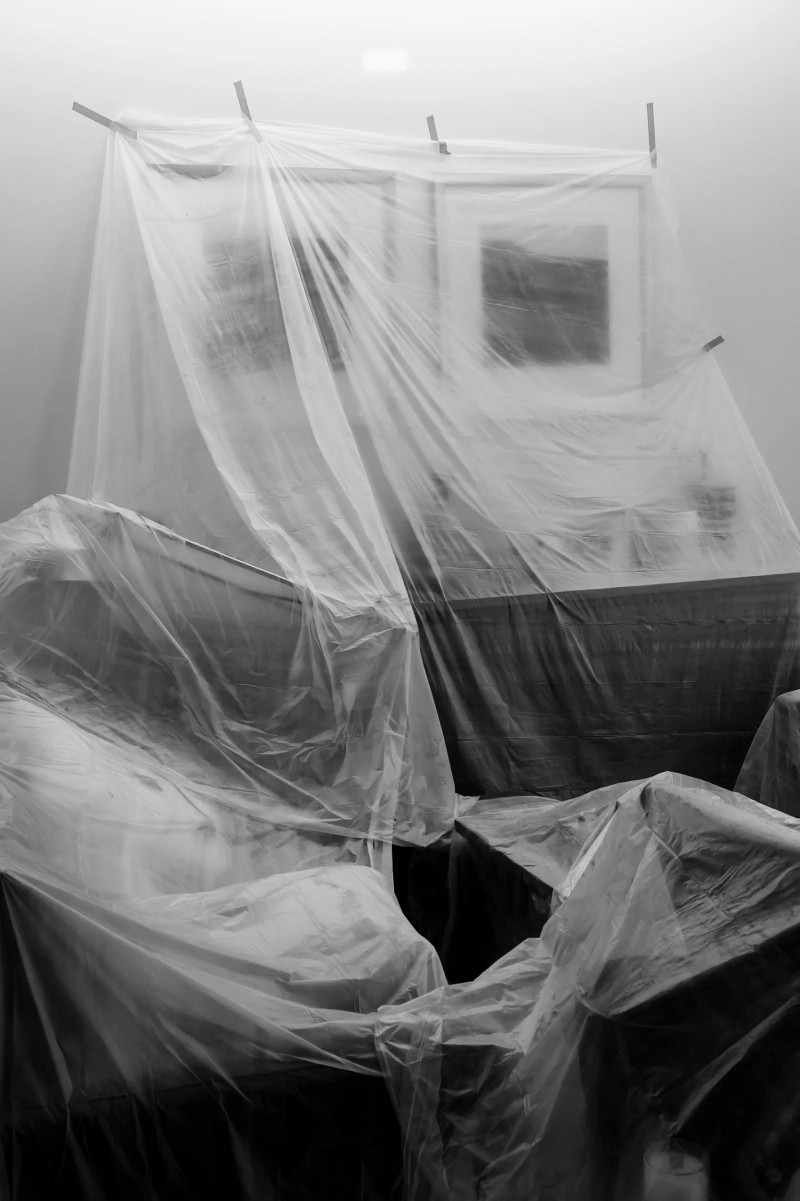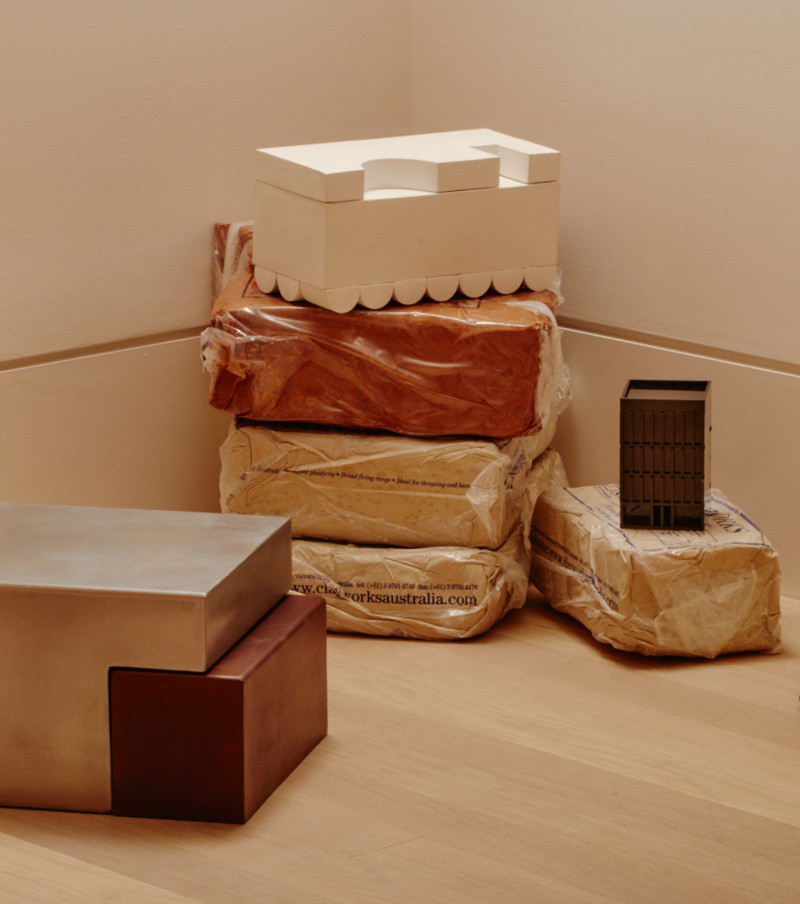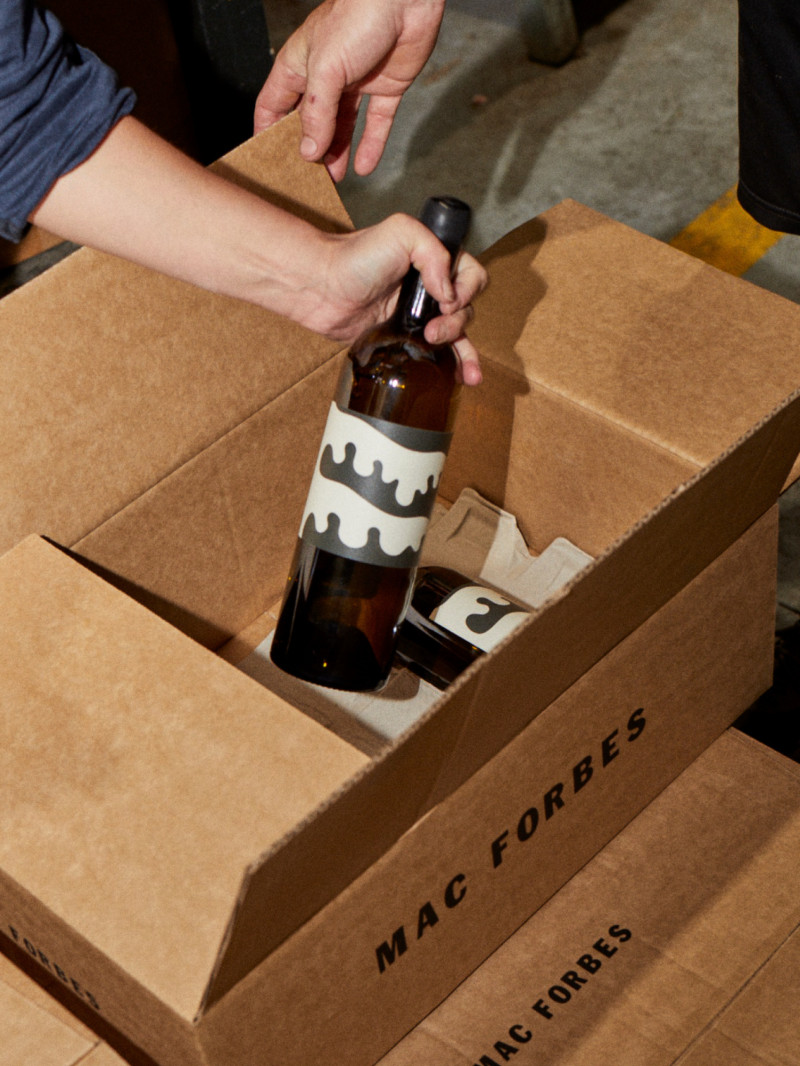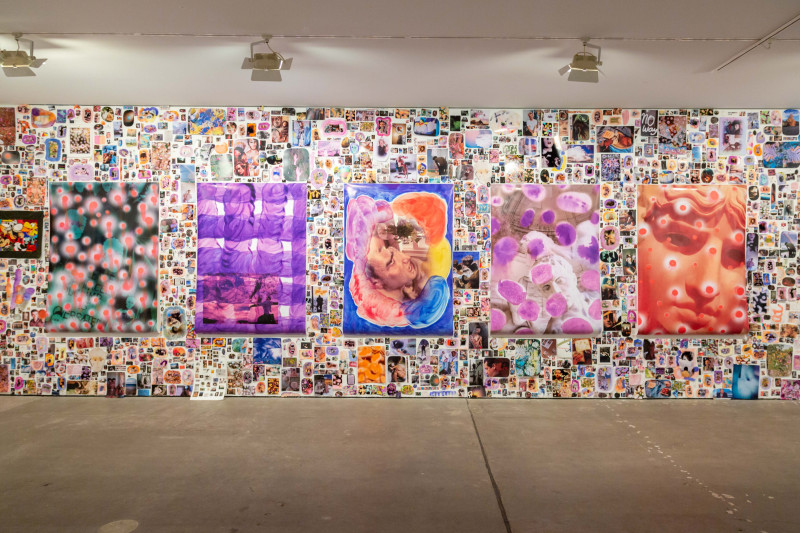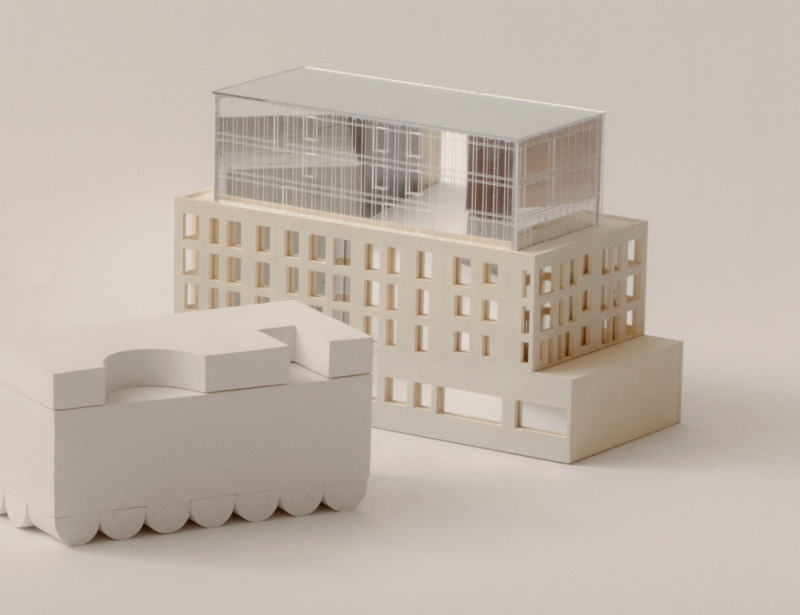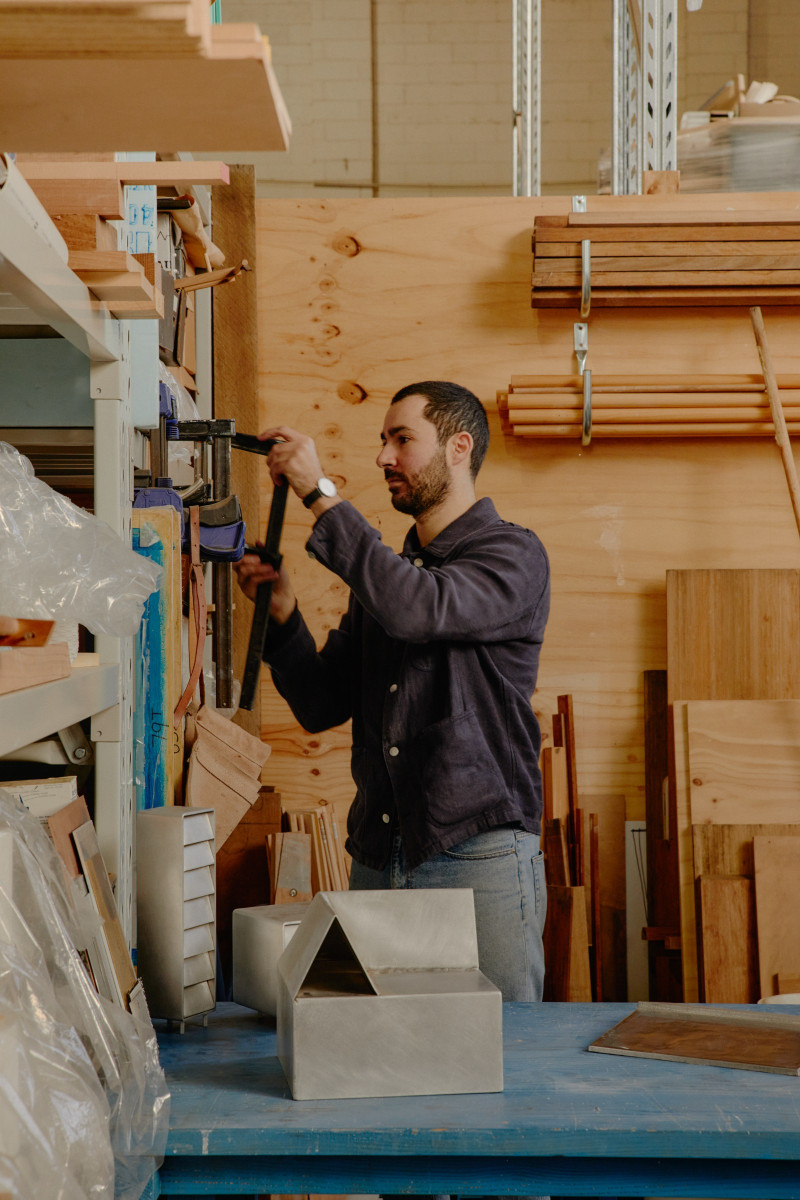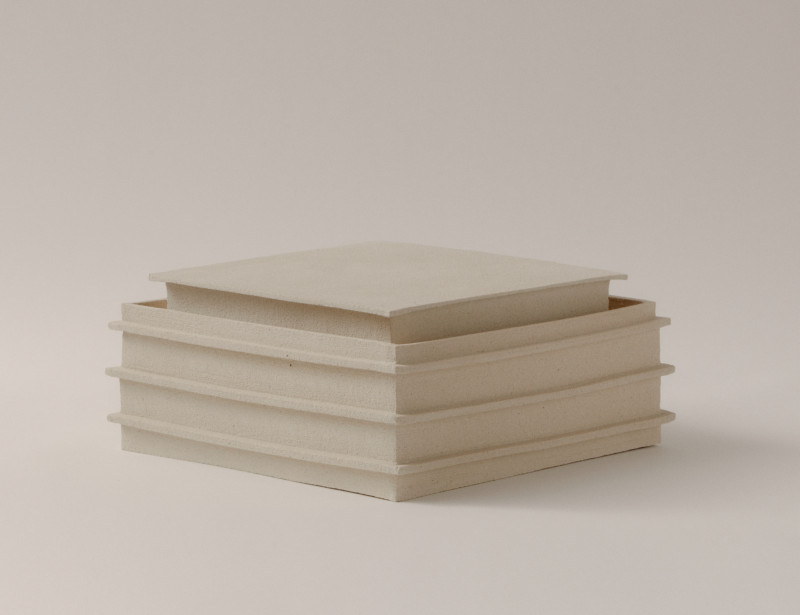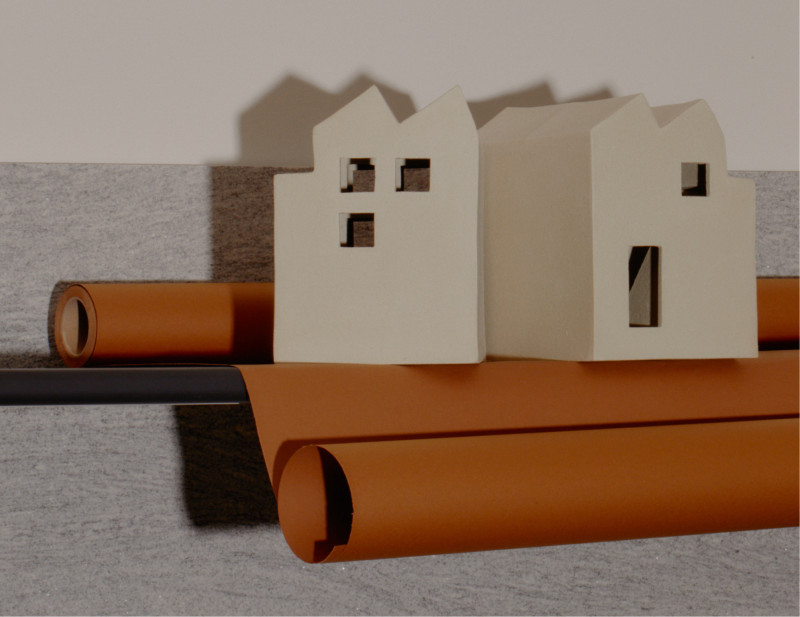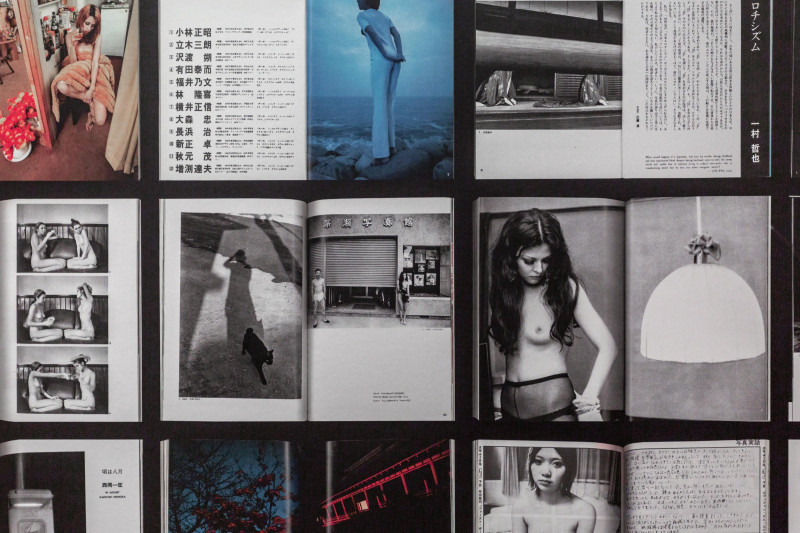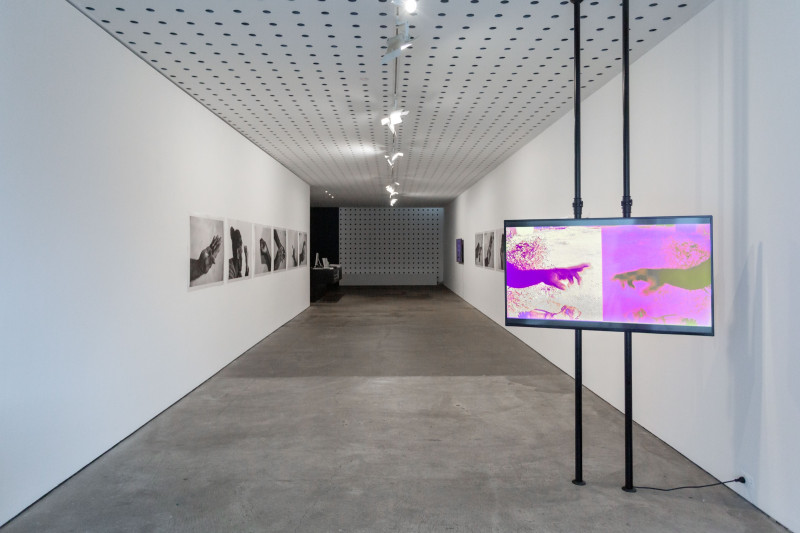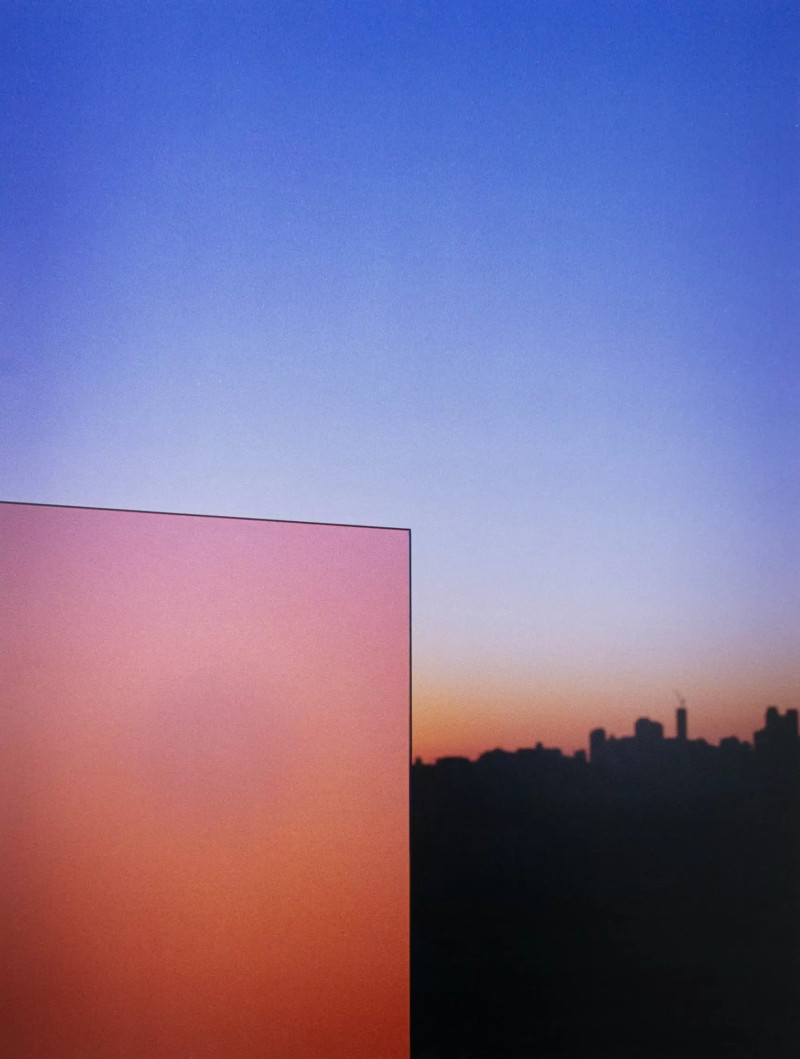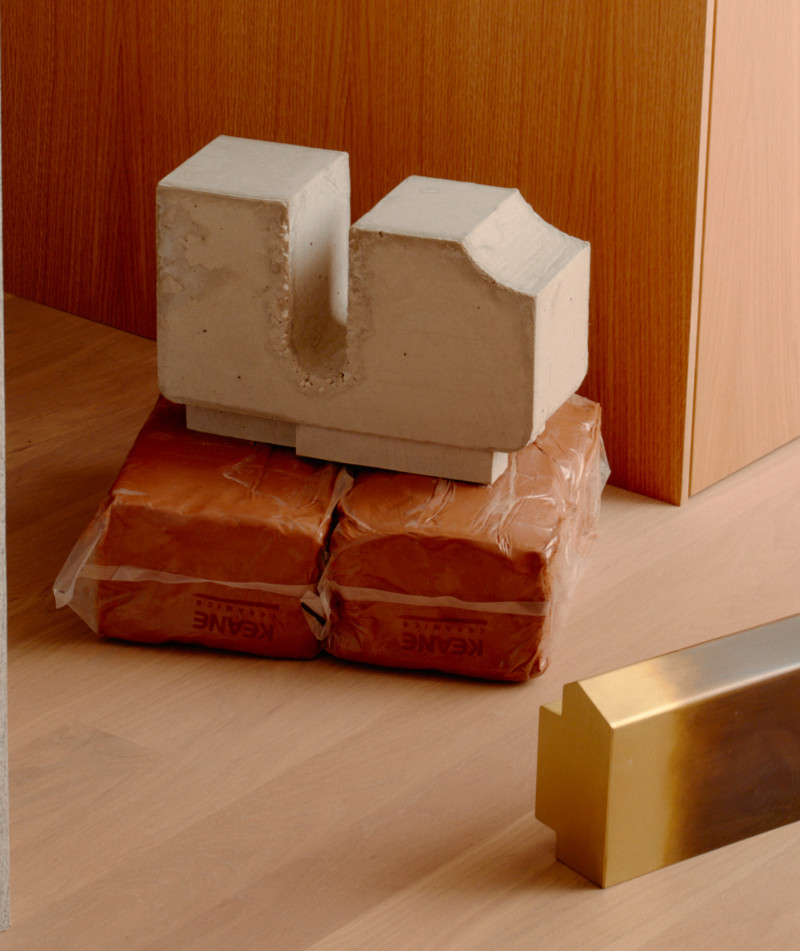PHOTO 2024: Cecilia Sordi Campos
Interview by Bianka Covic
Photography by Cecilia Sordi Campos
Melbourne Milieu talks to Cecilia Sordi Campos, a Brazlian-born, Melbourne-based photographer whose discipline is her language, her medium of expression and her way of connecting with the world around her. Cecilia talks to the concepts, themes and ideologies that reflect her perspectives and vision and shares insights into the ideation and execution of her works.
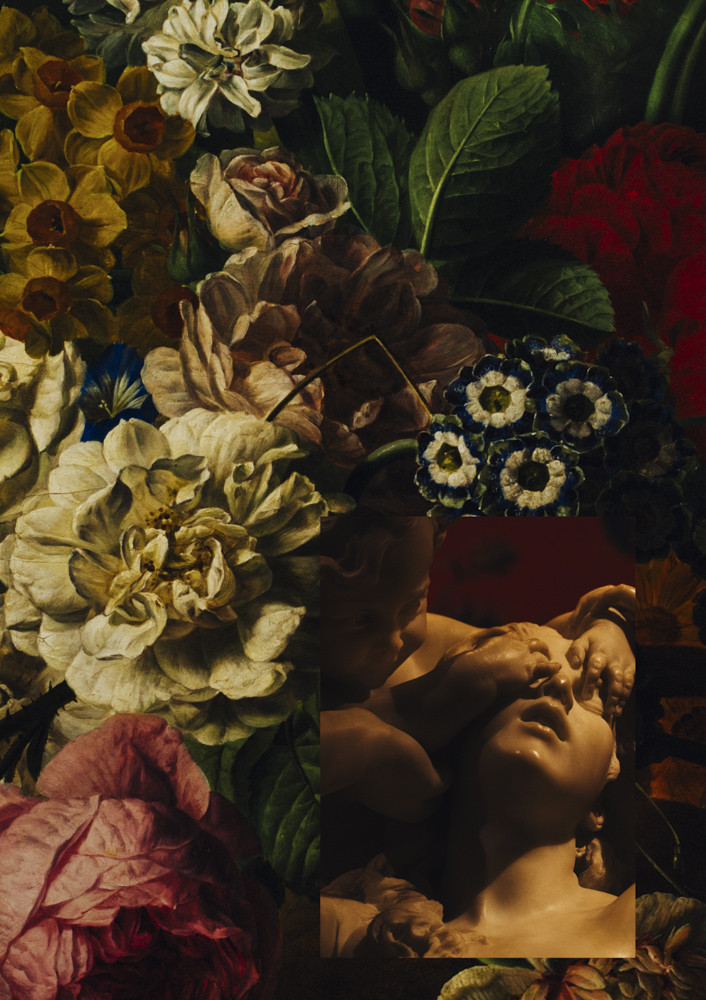
Augurio, Cecilia Sordi Campos
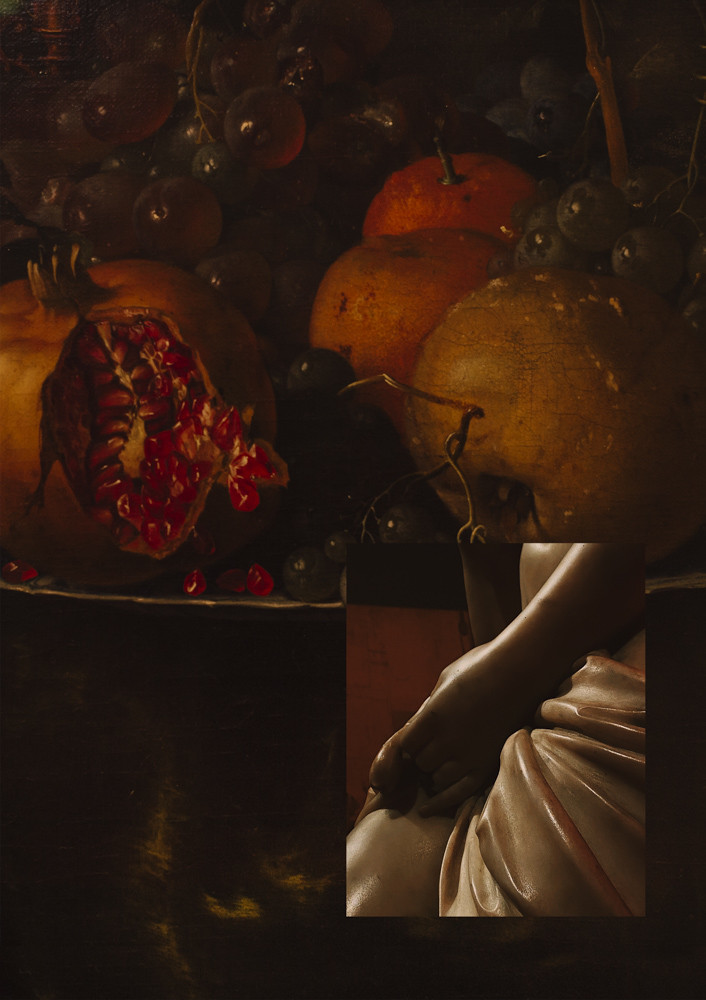
Augurio, Cecilia Sordi Campos
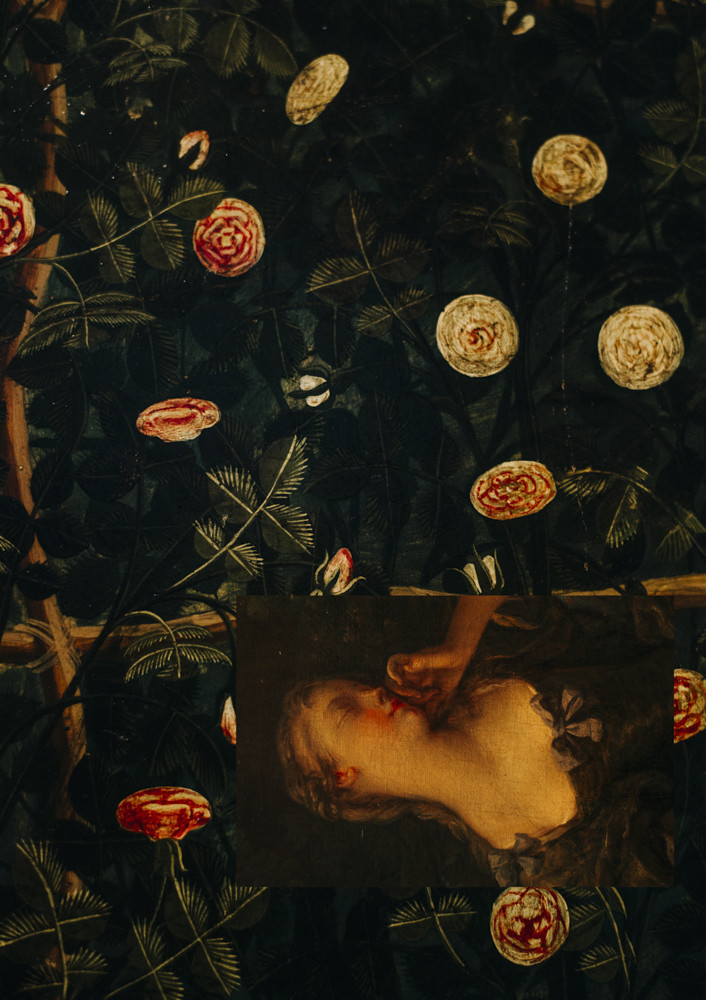
Augurio, Cecilia Sordi Campos
Hey Cecilia, tell us a little bit about yourself, your background and what led you to photography?
Photography was certainly never planned, and it is something that either found me, or met me halfway.
I grew up in a sugarcane town in the countryside of São Paulo state in Brazil, and photography couldn’t have been further from my mind. That was until I was given a cheap film camera at age nine as a prize for winning a contest in primary school. I took photos of everything and everyone. Unfortunately, my parents couldn’t really afford to develop the many rolls of film I went through. I still think of those never seen photographs, and I still imagine the ways in which my nine-year-old self would have framed the world she saw.
My migration from Brazil to Australia happened when I was 17, and this was just as random and unplanned. I picked up a camera again a few years after that, and I began taking portraits of people on the streets. I would unashamedly walk up to strangers with my broken English and ask their stories and if I could take their photograph. I used to have a blog documenting my street photography on the almost defunct Tumblr. I was fascinated that people on the street began to recognise what I was doing and actually wanted to be featured in it. This led me to pursue more formal education and training. I haven’t stopped since, and I am now doing a PhD at RMIT University. In essence, photography to me is the way I am with and in the world, and the way I communicate with it.
Congratulations on the New Photographers exhibition! Talk to us about the story, ideation and creation of your work?
Thank you! I am very humbled to have my work be part of New Photographers.
The choosing of the works for the exhibition was born out of ongoing conversations between myself and the wonderful Catlin Langford, the exhibition curator. Catlin ended up choosing works drawn from across three different bodies of work: Tem Bigato Nessa Goiaba (2019), das palavras a pele (2020-ongoing), Augúrio and the smells that were not there (2021-ongoing). There are themes, concepts, and peculiarities I explore in each project, such as religion, intimacy, etc. Having said that, all of my works recognise embodied knowledge that sit outside the traditions and limitations of colonial narratives, and overall draw from my experience as a Brazilian migrant from both European and Afro-Brazilian ancestry, as well as my experiences as an infertile woman of colour. So, these themes are inherently woven throughout the imagery and are explored in the three different projects I mentioned, at times more in depth and more obviously than others.
What does the PHOTO 2024 theme The Future Is Shaped by Those Who Can See It mean to you or how does it relate to your exhibited works?
My intention for my projects is the seeking of strategies in communicating complex experiences within a public discourse; therefore, proposing a parting from traditional systems of power and privilege to rediscover inclusive ways of knowing and aesthetic expression.
I am very much interested in the dialogue and space that can emerge from the sharing of complex experiences and stories. So, I believe this sharing and this parting from traditional systems of power and privilege to rediscover inclusive ways of knowing and aesthetic expression is possibly what relates my work to the theme of PHOTO 2024.
What’s more important to you, the influence of people or the influence of place?
My work is born from the curiosity and possibility of weaving stories and experiences; therefore, I am equally influenced by both. I am also equally influenced by natural, invisible phenomena, flowers, spirituality, and the interconnectedness of it all.
Lastly, what are you working on next and where can people follow you for more.
As I mentioned before, I am currently a PhD candidate at RMIT University. My project titled the motherhood that wasn’t chronicles my experiences with severe endometriosis and infertility. The project recognises the complexities of infertility issues within socio-cultural contexts, and is concerned with the challenging of idealised constructs of womanhood and fertility in which a woman’s, or person’s, worth is measured against her/their reproductive capacity. My aim is to cultivate visual strategies for representations of fertility outside the traditional paradigms of birthing and mothering. The PhD project is of course a massive one to be working on, but I am also always working on a few projects on the go, and they are inherently connected or feed off one another.
I can be quite overzealous of projects while I develop the visual language for them, so I tend to only share small snippets and excerpts from them, and these can be found on both my website ceciliasordicampos.com and Instagram @ceciliasordicampos.
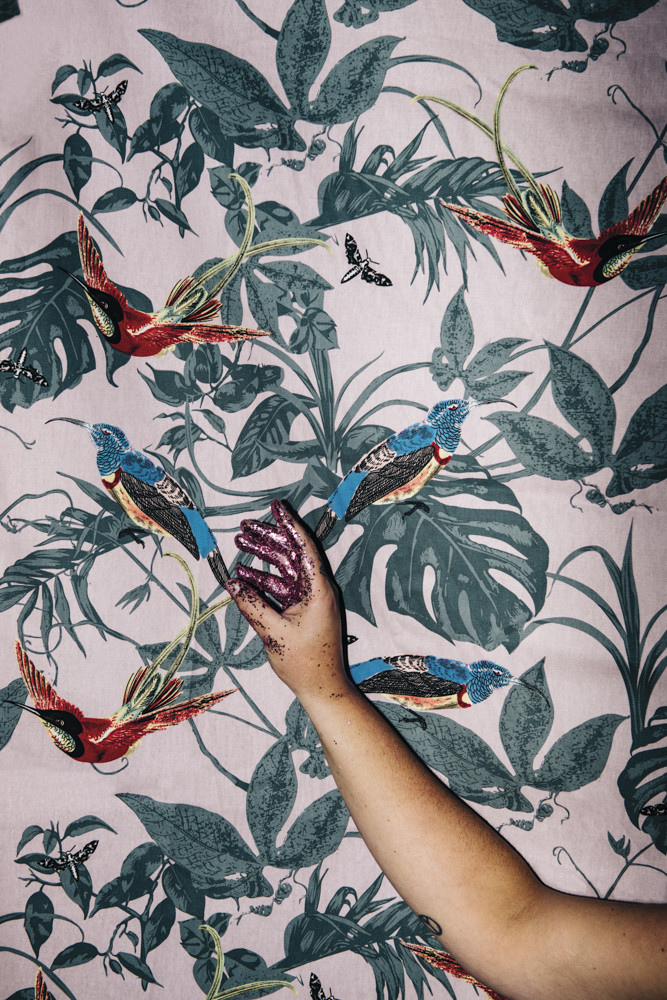
Sunniata, Cecilia Sordi Campos
Cecilia Sordi Campos PHOTO 2024 Events
01 March - 24 March
New Photographers 2024 Exhibition
Daine Singer
83 Weston Street, Brunswick
Wed – Fri, 12pm – 5pm
Sat, 12pm – 4pm
